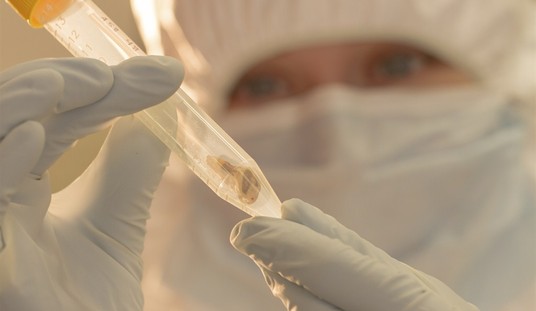The absolutely devastating earthquake that rocked the tiny island of Haiti in 2010 inspired a deluge of foreign aid and charitable donations from the international community, all part of a pledge to help the island nation “build back better” and overcome its endemic poverty. As well-meaning as such efforts usually are, alas — philanthropy without knowledge can often initiate secondary effects that are more negative than positive. It’s easy to throw money at the problem and hope that building the same sort of material infrastructures and systems that we have in the developed world will help the Haitians in mitigating their poverty, but it’s all for naught without the political and social institutions to back them up.
But after the rubble was cleared and the dead buried, what the quake laid bare was the depth of Haiti’s dysfunction. Today, the fruits of an ambitious, $1.8 billion U.S. reconstruction promise are hard to find. Immediate, basic needs for bottled water, temporary shelter and medicine were the obvious priorities. But projects fundamental to Haiti’s transformation out of poverty, such as permanent housing and electric plants in the heavily hit capital of Port-au-Prince have not taken off.
Critics say the U.S. effort to reconstruct Haiti was flawed from the start. While “build back better” was a comforting notion, there wasn’t much of a foundation to build upon. Haiti’s chronic political instability and lack of coordinated leadership between Haiti and the U.S. meant crucial decisions about construction projects were slow to be approved. Red tape stalled those that were.
The international community’s $10 billion effort was also hindered by its pledge to get approval for projects from the Haitian government. …
For example, the U.S. had planned to improve the business environment by working with the local government to reduce regulations, pass national e-commerce laws, expand mortgage lending and update the tax code. The measurement of success, said U.S. planners, would be a better ranking by the World Bank’s “Doing Business” indicators.
Instead, this year Haiti sank eight points lower compared with the rest of the world as a place to do business in categories including securing construction permits, getting electricity, registering property, receiving credit, enforcing contracts and paying taxes.
Political instability, mass corruption, an ill-defined and poorly-enforced rule of law — these are not the hallmarks of prosperity, freedom, and opportunity, and merely imposing the trappings of prosperity and spending billions of dollars in the short-term isn’t going to help the country to stand on its own two feet in the long-term. It’s difficult to navigate the far-reaching effects of even well-meaning humanitarian policies, especially with a government absolutely fraught with corruption and economic and legal systems positively plagued with uncertainties.
The rest of the world is constantly accusing the United States of swooping in and “nation-building,” but then we’re also accused of not doing enough to help people in developing countries — even though the United States gives and does vastly more than any other country on that front. No matter what we do, it seems that some group always finds a reason to complain and call us “imperialists” and whatnot — it makes it very confusing to tell whether the rest of the world wants us to play world police or not. I’m not suggesting that doing nothing would be better than doing something, if we really want to commit to helping the Haitians out of their plight, it’s doesn’t look like our current efforts are accomplishing much in terms of long-term solutions.








Join the conversation as a VIP Member